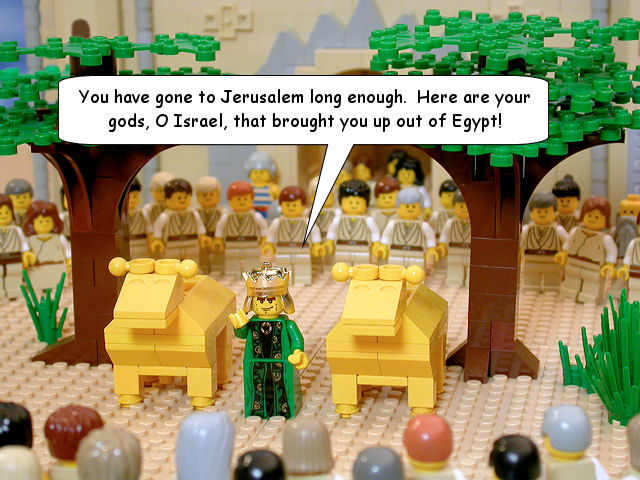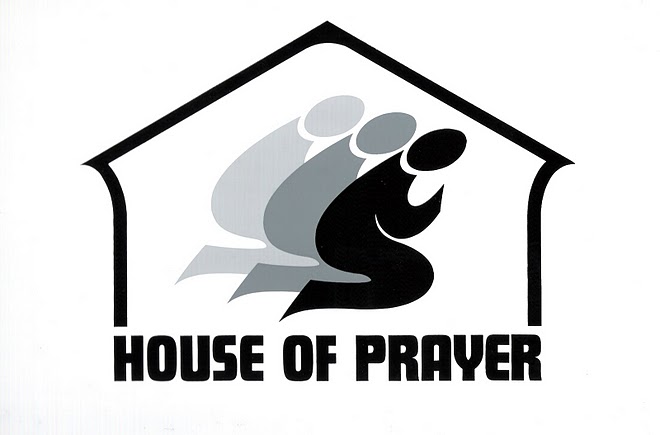
1 Kings 14
Bible Passage: 1 Kings 14
“Repent while we still can”, was the message brought forth in the previous chapter.
Unfortunately, Jeroboam did not.
He therefore sent his wife in disguise, so that the prophet Ahijah might only answer her question concerning her son (1 Kings 14:2-4). Such deliberate action seemed to have its selfish intention.
“…disguise yourself, that it not be known that you are the wife of Jeroboam, and go to Shiloh. Behold, Ahijah the prophet is there, who said of me that I should be king over this people. Take with you ten loaves, some cakes, and a jar of honey, and go to him. He will tell you what shall happen to the child.” Jeroboam’s wife did so. She arose and went to Shiloh and came to the house of Ahijah. Now Ahijah could not see, for his eyes were dim because of his age” — 1 Kings 14:2-4.
Perhaps Jeroboam wanted to hear good news from the prophet regarding his son’s safety, which unfortunately, was not the case? (1 Kings 14:6).
“But when Ahijah heard the sound of her feet, as she came in at the door, he said, “Come in, wife of Jeroboam. Why do you pretend to be another? For I am charged with unbearable news for you.” — 1 Kings 14:6.
Or could it be that Jeroboam felt guilty, such that he sent his wife in disguise without having to face the prophet himself?
Regardless, Jeroboam’s conduct seemed to reflect a strong sense of entitlement. Those who have sinned yet expect that they still deserve to be pardoned, greatly wrong themselves before God (1 Kings 14:1-6). Moreover, unlike David, Jeroboam did not seek forgiveness from the Lord, but instead, would rather choose to hear only the good things from Ahijah the prophet than the faults of his duty as a king.
When a great man sinned, and not only that, draw others into committing similar sins, his punishment will be the most severe. Not only must he account for his own sin in the end, but also the sins of others who, were formerly influenced by him (2 Kings 23:15-16). Because Jeroboam harboured sin and did not repent, the Lord dealt strongly with him. Grave consequences soon followed. Jeroboam’s house was ruined by sin, and his government never continued long in one family (1 Kings 14:7-20).
Therefore, the moral of the story is that our actions, good or bad, has its ripple effect that will one day influence others in different ways. Our sins will affect not only our salvation, but also the salvation of others, just as our good conduct can lead others to His kingdom.
Which one would you choose?



